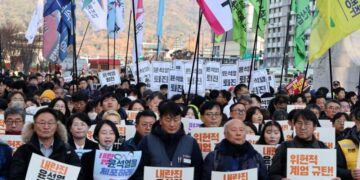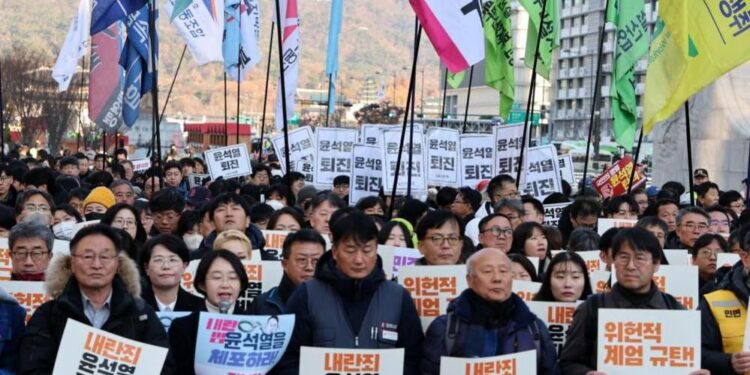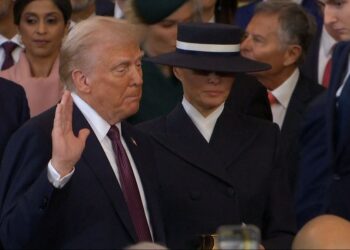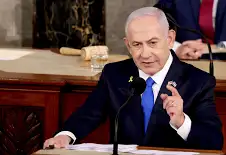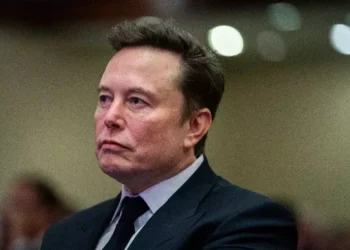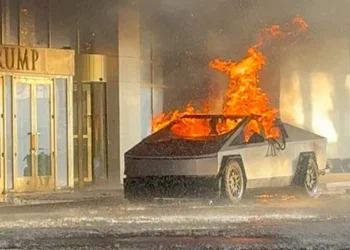South Korea’s Government Faces Turmoil Over Martial Law Decision
It’s a tense moment in South Korea. Opposition parties are pushing to impeach President Yoon Suk-yeol after a sudden and shocking declaration of martial law. The move has sparked protests, debates, and no small amount of confusion among citizens.
Why Martial Law?
The government says it was necessary. Unrest in some areas was escalating, and the administration claimed martial law was the only way to maintain order. But not everyone’s convinced. Critics, including opposition leaders, argue this was an overreach—a dangerous step that threatens democracy.
The Backlash
Opposition leaders didn’t hold back. They immediately filed a motion to impeach the president, accusing the administration of abusing its power. One opposition figure called the move “a betrayal of our democratic principles.”
On the other hand, some citizens—especially in regions most affected by the unrest—support the government’s actions. They see martial law as necessary for their safety. It’s a nation divided, with protests happening on both sides.
The Road Ahead
The impeachment process won’t be quick. South Korea’s Constitutional Court will need time to deliberate. And in the meantime, the country remains on edge.
What happens if the president is removed? Would this crisis deepen, or could it bring much-needed stability? Nobody knows for sure, but the stakes couldn’t be higher.
Why It Matters Beyond South Korea
South Korea isn’t just any country—it’s a major player in East Asia. Its political stability impacts trade, security, and diplomacy across the region. With so much at stake, global leaders are keeping a close watch.
For now, all eyes are on Seoul, where the next steps could shape the future of South Korea’s democracy.
